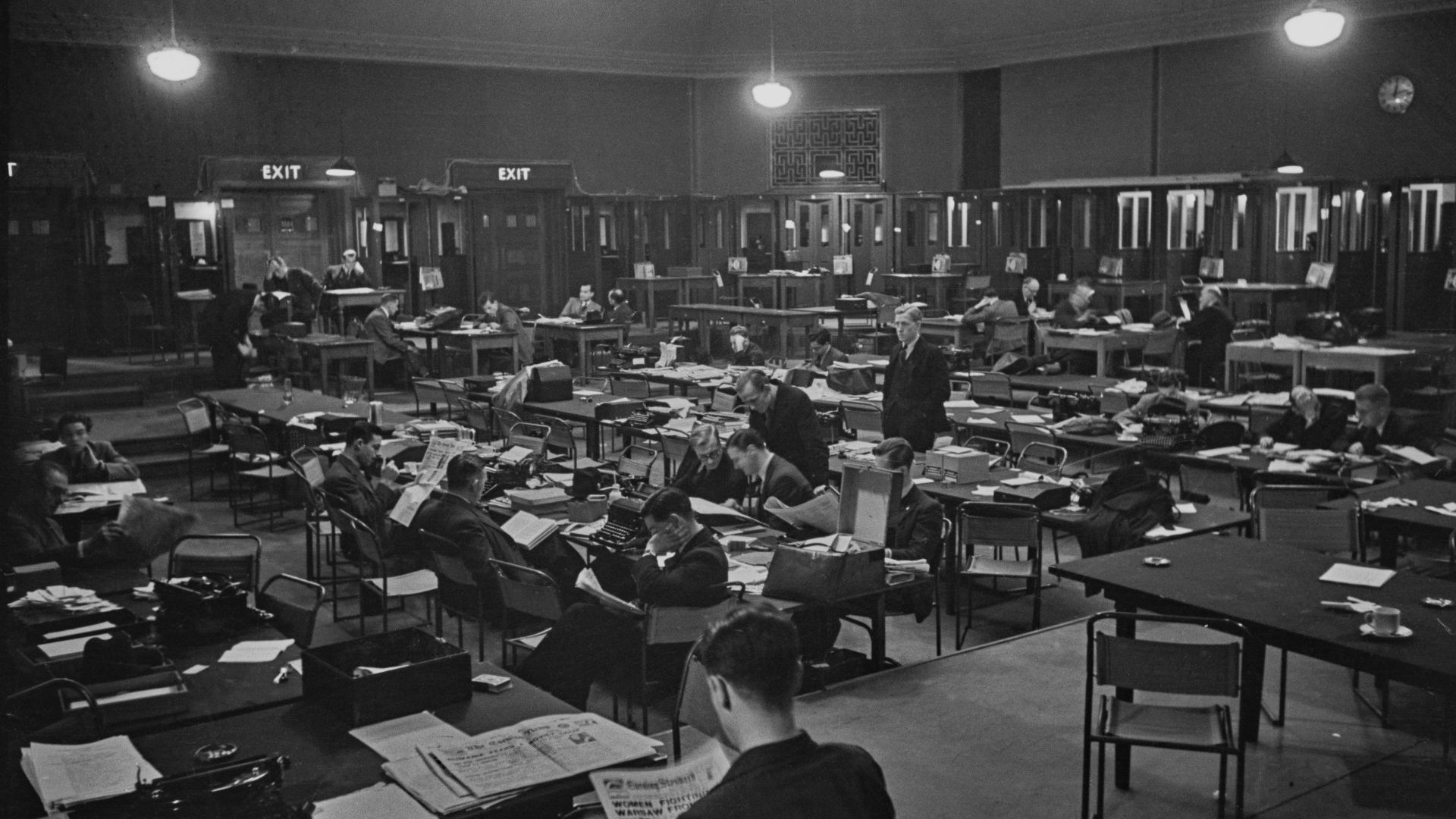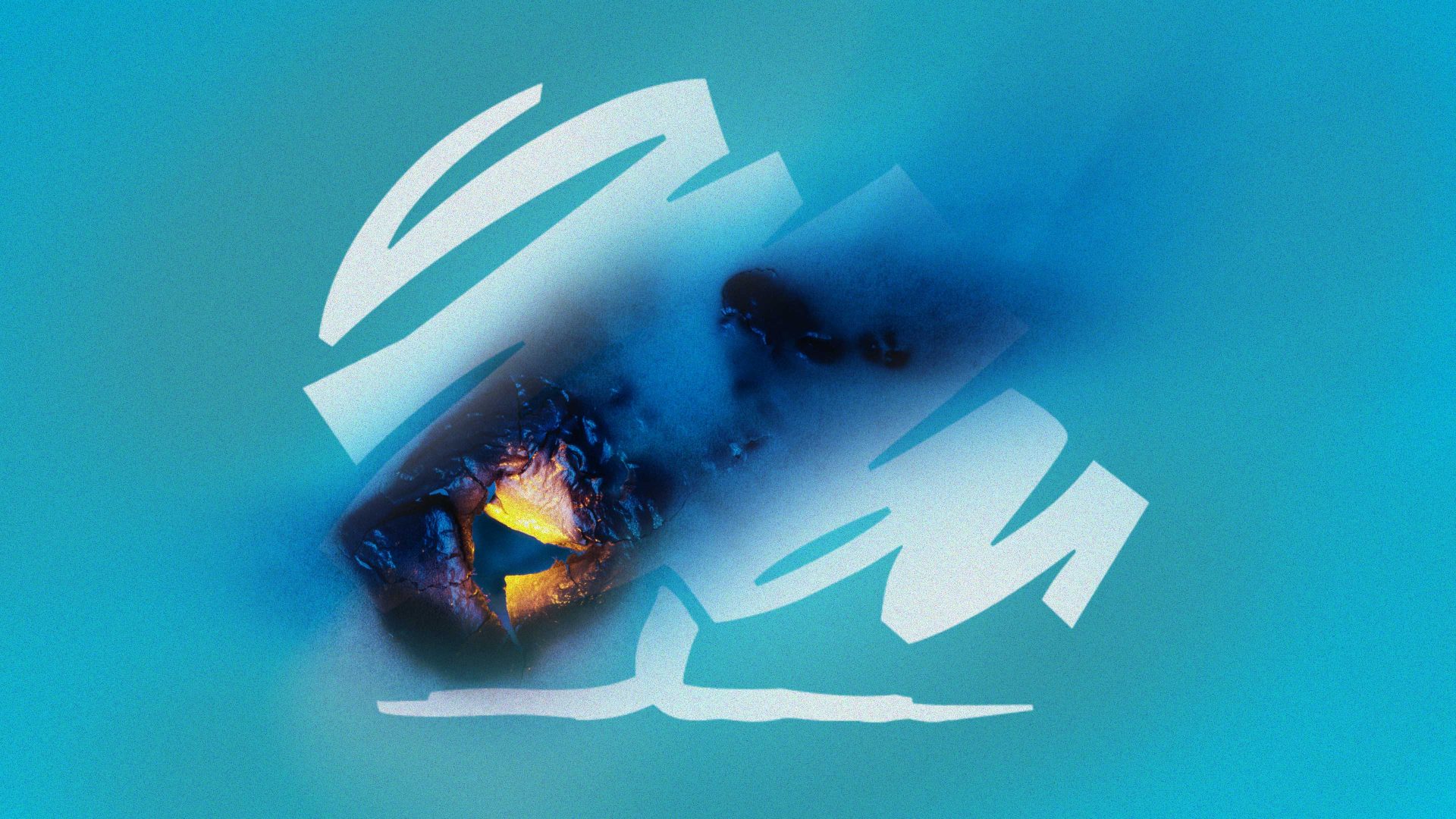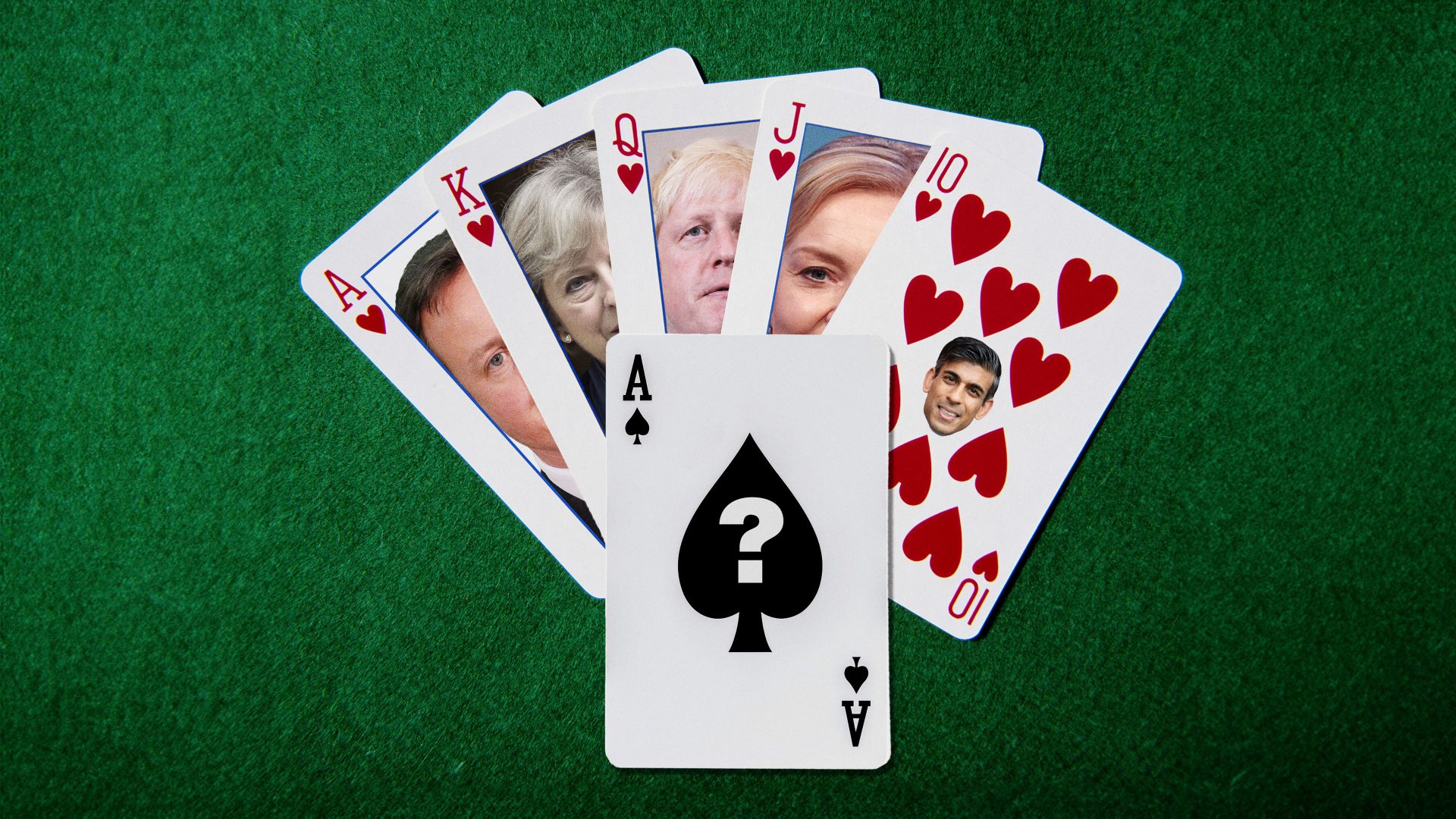Rishi Sunak has very little to laugh about these days, so it was striking to see him enjoying a joke during his appearance at the Commons liaison committee on March 26.
“What are your thoughts or comments,” he was asked by Tory MP William Wragg, “on your predecessor when she says she was undermined by, quote, ‘the deep state’?” The prime minister actually chuckled. “I think that’s probably a question for her rather than me.”
Wragg persisted: “Is there a deep state? Are you part of it? Am I part of it?” And Sunak plainly enjoyed being fed the set-up line. “Probably a question for her,” he said. “I probably wouldn’t tell you if I was, would I? And we wouldn’t tell anyone else either, would we?”
All very cosy. The two men were, of course, referring to Liz Truss’s claim at the Conservative Political Action Conference (CPAC) in National Harbor, Maryland, that her bold and virtuous vision for the nation had been thwarted by a powerful conspiracy of mediocre pen-pushers: the Dulluminati, if you like.
“I wanted to cut taxes, reduce the administrative state, take back control as people talked about in the Brexit referendum,” she said. “What I did face was a huge establishment backlash, and a lot of it actually came from the state itself.”
Just to be sure we had all got the message, she spelt it out in an article for Fox News: “The left doesn’t just fight at the ballot box and seek a mandate for their agenda when it is election time; their agents are only too active in public and private institutions and what we have come to know as the administrative state and the deep state”. Well, good to know.
Full disclosure: if the deep state exists, I am one of its children, and proud of it. My late father, John, was a senior civil servant, and believed to his core in the duty of his profession both to advise ministers impartially and to implement, within the limits of the law, the policies of the elected government of the day.
When he turned 70 in 2005, we celebrated on Malta, the island of his birth, and read out congratulatory messages from a host of political grandees across the ideological spectrum, ranging from Tony Benn to Michael Heseltine. He was respected by Margaret Thatcher but the minister with whom he worked most closely was John Smith.
The point is this: for Whitehall officials, the public interest, rather than politics, is what counts. Their job is to enact the plans of elected decision-makers, and to bring collective expertise and a long-term perspective to policies often developed at great speed and in the furnace of political combat.
It should go without saying that the civil service, as established by the Northcote-Trevelyan report of 1854, requires continuous reform. As the election approaches, Sue Gray, Keir Starmer’s chief of staff, is drawing up detailed plans for the next phase of Whitehall’s modernisation.
But there is an absolute distinction between this kind of evolution and the unhinged hostility towards civil servants that has taken root on the populist right, which has added them to the ever-lengthening list of “enemies of the people”.
As deranged as Truss’s rhetoric undoubtedly is, it would be a mistake to think that she is the only prime minister to have promoted this particular conspiracy theory. In July 2022, Boris Johnson warned the Commons of the following alleged peril: “Some people will say as I leave office that this is the end of Brexit… and the leader of the opposition and the deep state will prevail in its plot to haul us back into alignment with the EU as a prelude to our eventual return”.
As for Sunak, who derived such mirth from his predecessor’s ravings, he has, in fact, used slightly different language to convey precisely the same idea. “In too many parts of our permanent state,” he claimed in his conference speech last year, “virtue-signalling has replaced common sense”.
The notion that there is a deeply embedded network of bad actors thwarting the will of the people has a long ancestry – though its meaning has morphed over the years. During the 1950s, a so-called “derin devlet” – a “deep state” – was allegedly dedicated to its own agenda in the Turkish Republic.
More recently, Mike Lofgren, a long-serving Republican congressional official, popularised the term in his book The Deep State: The Fall of the Constitution and the Rise of a Shadow Government (2016). Lofgren was referring to “a hybrid association of key elements of government and parts of top-level finance and industry that is effectively able to govern the United States with only limited reference to the consent of the governed as normally expressed through elections”. He was especially concerned by the excessive influence of lobbyists and vested interests.
For the post-2016 cohort of right wing populists, however, the deep state is something much more specific. In their twisted world view, the term is interchangeable with “administrative state”, by which they mean all non-political appointees and unelected public servants.
As charming as ever, Steve Bannon, Donald Trump’s former chief strategist, spelt out at CPAC what lies ahead for these officials if his old boss defeats Joe Biden: “The administrative and deep state after president Trump wins, starting on the afternoon of the 20th of January, every day will be like Stalingrad. It will be a war to the knife”. In a similar spirit, the Argentinian president, Javier Milei, has carried a chainsaw with him on the campaign trail.
In this country, there has long been a tradition of No 10 advisers determined to cut Whitehall down to size. In a diary entry for September 26 1979, John Hoskyns, head of Margaret Thatcher’s policy unit, wrote that “the Civil Service are the real enemy of hope for the future and they are therefore my enemy”.
Steve Hilton, David Cameron’s senior adviser, envisaged a “post-bureaucratic age” and a 90% reduction in civil service headcount, with the survivors being housed in a single building such as Somerset House.
But the stakes rose appreciably when Dominic Cummings became chief adviser to Johnson in 2019. An implacable foe of Whitehall, he regarded the mandarinate as unconscionably resistant to the government’s plans and structurally incapable of meeting the challenges of contemporary statecraft.
He missed no opportunity to denounce civil servants, reportedly promising in 2020 that a “hard rain” was coming for them. Though this particular threat is disputed, there is no getting away from the many horrible things Cummings said in WhatsApp messages disclosed during the Covid inquiry.
Take this appraisal of the then deputy cabinet secretary, Helen MacNamara: “I will personally handcuff her and escort her from the building… We cannot keep dealing with this horrific meltdown of the British state while dodging stilettos from that c***”.
There are still plenty of senior Conservatives who will tell you that this was just “Dom being Dom”. But this is untrue, as well as craven. The problem has become structural, and seriously corrosive to the day-to-day business of government.
Sunak may laugh at Truss’s open contempt for the deep state, but for too long he allowed Dominic Raab, deputy prime minister until April 2023, to bully and intimidate his officials. Even after the Tolley Report spelt out the ugliness of Raab’s conduct and forced his resignation, he continued his crusade against “very activist civil servants… who don’t like some of the reforms, whether it’s Brexit, whether it’s parole reform, whether it’s human rights reform, effectively trying to block government”.
Notice that Brexit was first on his list. The myth that Brexit has turned out so badly as a direct consequence of dark deeds in Whitehall is now deeply entrenched in Conservative folklore.
For MAGA activists and, increasingly, their counterparts on this side of the Atlantic, the Bible of Deep State Theory is a book published in 1941: James Burnham’s The Managerial Revolution: What is Happening in the World. A former Trotskyist, Burnham argued that the future belonged not to capitalism or socialism but a “managerial class” of administrators and bureaucrats who would establish control of an “unlimited” state.
Burnham both fascinated and appalled George Orwell, who borrowed liberally from The Managerial Revolution when writing Nineteen Eighty-Four (intriguingly, it has been argued that Winston Smith’s tormentor in the Ministry of Love, the Inner Party commissar O’Brien, is based loosely on Burnham).
The 21st-century right regards civil servants with hostility for two reasons. First, it is the job of officials to point out the nuances, impracticalities and weaknesses of their political masters’ plans; thus puncturing the principal myth of populism, which is that there are simple solutions to complex problems.
Second, civil servants are an easy target, prohibited from speaking out in public except in exceptional circumstances. Populism thrives on the attribution of blame. Taking cheap shots at officials – along with judges, the BBC and migrants – has become part of the playbook.
But consider this. As bad as things have been in the past eight years, who do you think was keeping the show at least partially on the road? While the governing class took an extended leave of absence from reality, who ensured that the NHS, schools, transport system, police, armed services and a thousand other things continued to function at a level that at least prevented Britain’s complete collapse into a JG Ballard dystopia?
I refer you to the famed podcaster and noted political scientist, Joe Rogan. “What if we didn’t have a deep state?” he said in 2022. “Do you know how fucked we would be?” Wise words indeed.
Long live the deep state.




